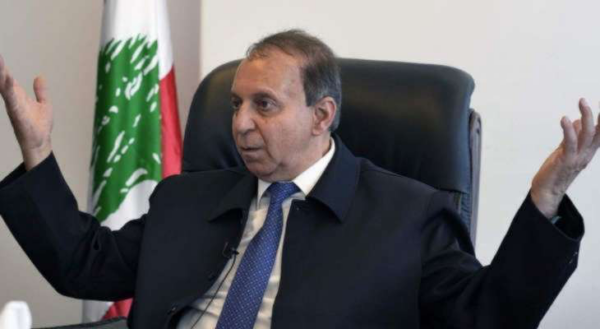The Minister of Displaced in the caretaker government, Issam Sharaf al-Din, revealed that 420,000 displaced Syrians returned to their country during the Israeli war on Lebanon and 60,000 displaced Syrians returned to their country after the ceasefire in Lebanon.
He also revealed, in an interview with Al Jazeera, that 170,000 Syrians fled to Lebanon after the fall of the regime of former Syrian President Bashar al-Assad.
He added, “Lebanon’s capabilities cannot bear the cost of hosting displaced Syrians who fled after the fall of the Assad regime. ” He revealed that “a number of Bashar al-Assad’s relatives were arrested after they fled to Lebanon after the fall of the regime.”
Abu Mohammad al-Golani, leader of Hayat Tahrir al-Sham (HTS), has become Syria’s new strongman, replacing the Alawite regime of Bashar al-Assad. Once a partner of al Qaeda, Golani now speaks the language of tolerance towards Syria’s ethnic and religious minorities and told his fighters to refrain from extrajudicial violence. Videos emerging on social media, including one apparently showing the execution of four suspected regime collaborators, suggest that not all of his fighters are following his directive.
This sudden consolidation of power has sparked widespread alarm, particularly among Syria’s minority communities. The country’s mosaic of ethnic and religious groups – including the Alawites, Christians, Druze and Kurds – now finds itself under the rule of a group with a deeply controversial history.
HTS, which remains on the terror lists of the United States and the European Union, has also provided shelter to international jihadists from Afghanistan, Chechnya, and France. For many minorities, the notion of such a group ruling from Damascus evokes fear and uncertainty about what lies ahead.
This perhaps is the main reason why so many Syrians, other than Assad’s relatives are fleeing to Lebanon
Last year Sharaf Eddine led a campaign that called for sending home all Syrian refugees, but because the Syrian regime had a lot of influence over the government of Najib Mikati and Hezbollah, few took the campaign seriously

